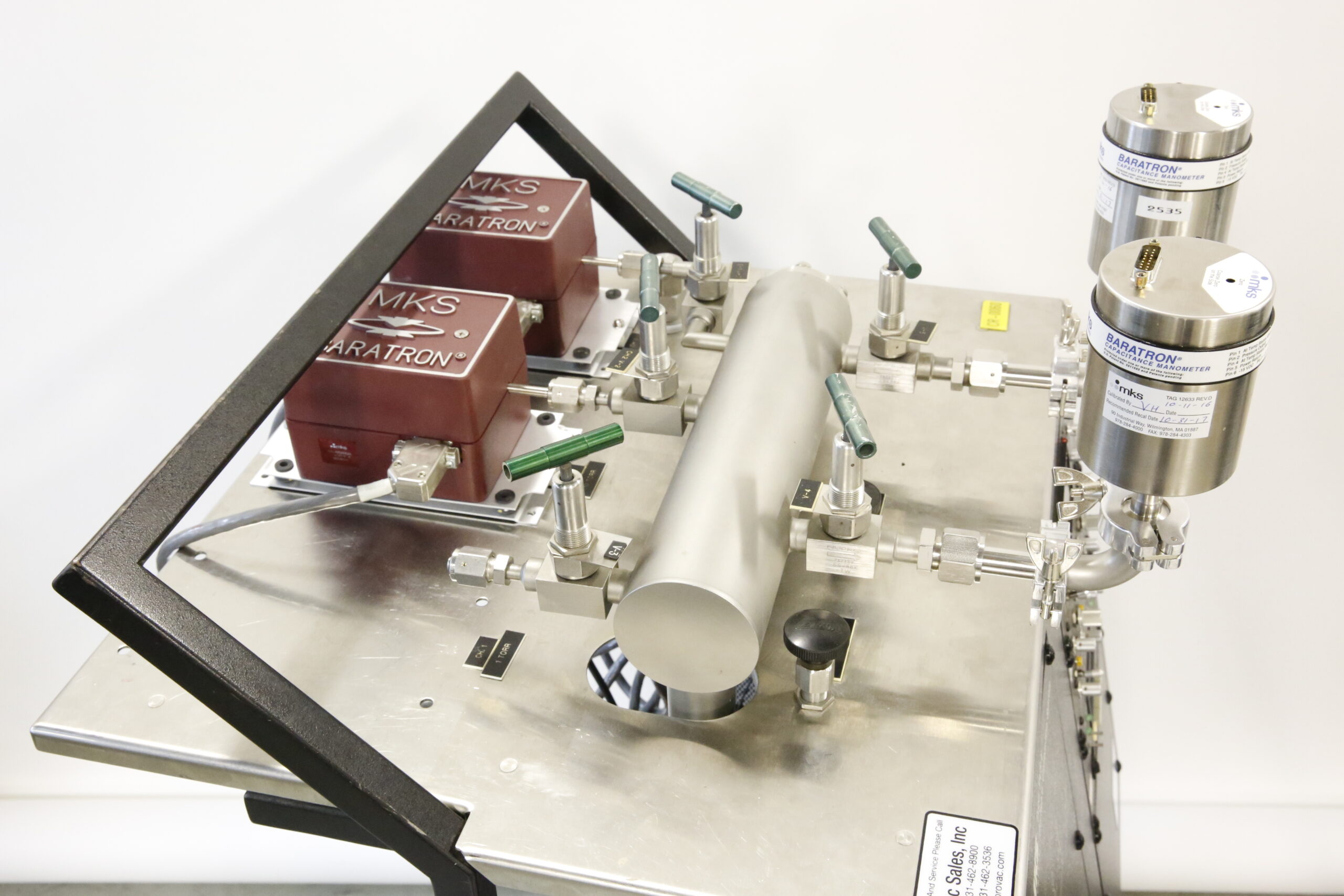
In the realm of scientific research and laboratory work, the pipette stands as an indispensable tool, crucial for conducting precise measurements and experiments. Ensuring the optimal performance of your pipettes through regular and meticulous maintenance is not just recommended; it’s imperative. This comprehensive guide is designed to provide you with a detailed, step-by-step approach to pipette maintenance, empowering you to enhance the accuracy, longevity, and reliability of your laboratory equipment.
Before delving into the maintenance procedures, it’s essential to recognize that different types of pipettes – including manual, electronic, and multichannel pipettes – may require slightly varied care routines. Understanding the specific needs of your pipette type is the first step toward effective maintenance.
Daily cleaning and inspection play a critical role in the upkeep of pipettes. Start by wiping the exterior of the pipette with 70% ethanol or isopropanol to remove any residue or contaminants. Inspect the tip ejector and shaft for any signs of damage or contamination.
Weekly checks include a more thorough cleaning, especially of the pipette’s internal components. Disassemble the pipette carefully, following the manufacturer’s instructions, and clean each part with appropriate solvents. It’s also a good opportunity to check for wear and tear on o-rings and seals, replacing them as necessary to prevent leaks and ensure accuracy.
Calibration is crucial to maintaining the pipette’s accuracy. On a monthly basis, perform a calibration check to verify that the pipette dispenses volumes within the manufacturer’s specified tolerance. If deviations are found, a full calibration by a certified technician may be required.
Beyond daily, weekly, and monthly routines, a seasonal deep cleaning is advisable. This involves a comprehensive cleaning and possibly sending the pipette out for professional servicing and preventive maintenance. This ensures any potential issues are addressed before they can affect the pipette’s performance.
Proper handling and storage significantly contribute to the pipette’s longevity. Always use the pipette in a vertical position to prevent liquids from entering the body, which could cause damage. When not in use, store the pipette in an upright position, preferably in a pipette stand or holder to avoid contamination and physical damage.
Encountering issues such as inconsistent volume dispensing or difficulty in operating the pipette can be frustrating. This section offers solutions to common problems, such as adjusting the calibration, cleaning the pipette more thoroughly, or replacing damaged components.
Various accessories and consumables can help maintain pipette performance and accuracy. High-quality pipette tips, tip boxes, and filter tips can prevent contamination and ensure precise volume dispensing. Regularly replacing these components as part of your maintenance routine can significantly impact overall pipette performance.
Keeping detailed records of maintenance, calibration, and any repairs is crucial for monitoring the pipette’s performance over time and ensuring compliance with laboratory standards and regulations. This documentation can also help identify patterns that may indicate the need for more frequent maintenance or potential replacement of the pipette.
For laboratories that require the highest levels of accuracy and reliability, professional servicing and certification of pipettes are recommended. Certified technicians can perform in-depth maintenance, calibration, and repairs that go beyond the scope of routine lab maintenance.
Ensuring that all lab personnel are trained in proper pipette use and maintenance techniques is crucial for the longevity and accuracy of your pipettes. Regular training sessions can help prevent misuse and promote a culture of meticulous care for lab equipment.
Mastering the art of pipette maintenance is not just about following a set of procedures; it’s about fostering a culture of precision, care, and respect for the essential tools of the scientific trade. By adhering to this comprehensive guide, you can ensure that your pipettes remain in peak condition, thereby supporting the integrity and accuracy of your research and experiments. Remember, the performance of your pipette directly impacts the quality of your scientific work. Treat your pipettes with the care they deserve, and they will serve you faithfully in return.
No Comments